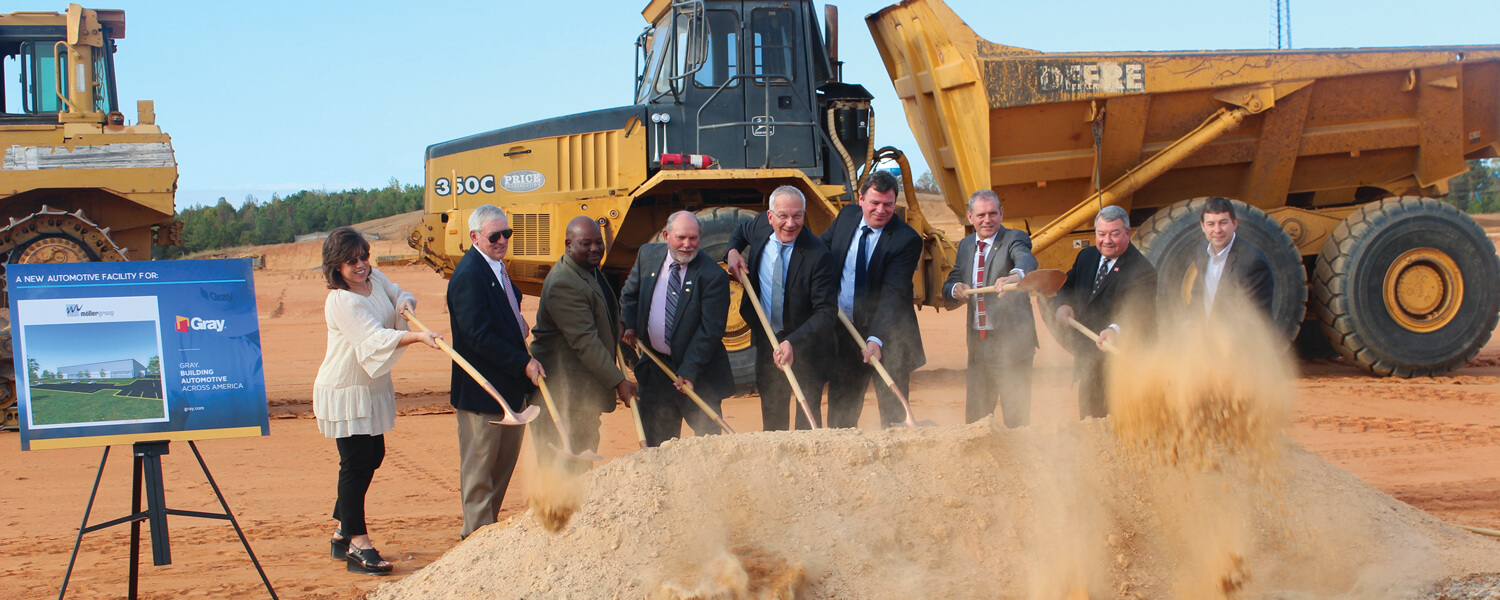Economic Development

One-Stop Shop for Regional Economic Development Services
We specialize in delivering advisory services to expanding, relocating or notable at-risk businesses with current or potential operations in the Greater Birmingham Region. We assist businesses by providing direct services or connect them to a partner provider that specializes in the type of assistance they are seeking. When an opportunity, lead, or project is generated, we work in partnership with our client and assemble the appropriate team to support them and execute the project.
Our suite of economic development and advisory services includes:
- Real estate search and site selection assistance
- Navigation and support of regulatory and compliance processes
- Governmental affairs support
- Workforce availability & market research
- Talent solutions and connections
- Vendor connections
- Financing connections
- Tax analysis
- Regional market insights
- Relocation assistance
- Operating cost intelligence reports
- Customized fiscal and economic impact reports
- Overall support and connection to partners and resources
- Public relations and media assistance
- Accredited documentation services for exporters
Since 2018, the BBA has announced 222 projects, resulting in 13,340 jobs and nearly $5B in capital investment.
Notable announced projects:
Strategically located in the heart of the Southeast, the Greater Birmingham Region is home to a diverse and dynamic range of companies and communities. The Birmingham metro area is comprised of seven counties and a population of more than 1.1 million, making it the largest region in the state of Alabama. Interested in learning more? Check out the links below.
